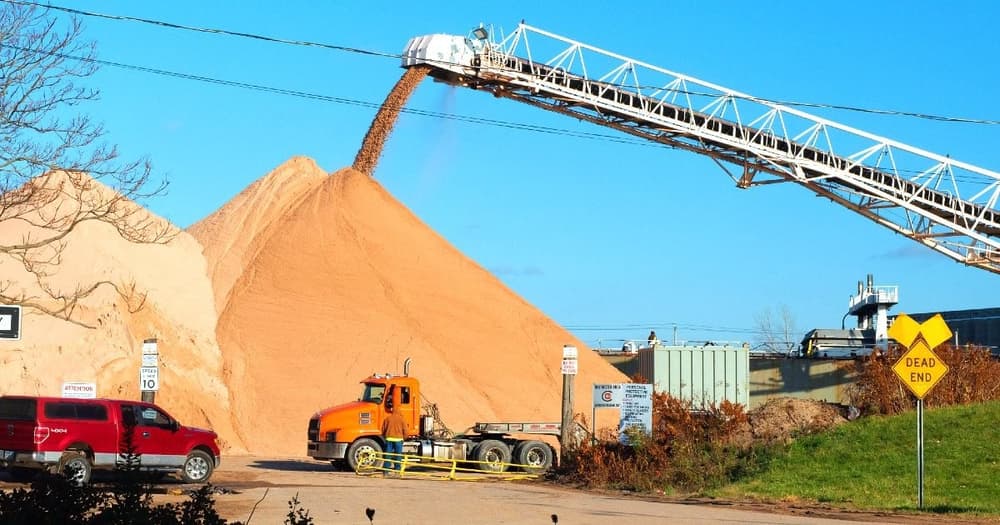Are you ready to take your oil and gas career on the road?
Commercial drivers are imperative to the success of the oil and gas industry. Therefore, you can expect some amazing opportunities as a CDL driver.
If this seems like the dream career for you, keep reading to learn more about why you should get a CDL and how to obtain it:
What is a Commercial Driver's Licence?
A Commercial Driver's License, or CDL, is a license specific to driving certain specialized types of vehicles. This can include heavy, oversized vehicles such as tank trucks used in the oil and gas industry.
Some types of CDL licenses are used to transport hazardous materials such as flammable liquids.
There are three different types of CDL licenses depending on the type of truck you plan on driving:
- Class A: This license allows you to drive a vehicle with a gross combination weight of 26,001 pounds or more such as tractor-trailers/flatbeds and tanker vehicles.
- Class B: A Class B CDL allows to you drive vehicles over 26,001 pounds that are not hitched to a trailer including buses, box trucks and dump trucks.
- Class C: This license allows you to drive a single or combination vehicle designed to transport a certain number of passengers as well as materials considered to be dangerous. These include passenger vans and small HAZMAT vehicles.
Class A CDL licenses are considered a “universal” license is and is the one commonly expected when it comes to jobs in the oil and gas industry - although some positions may require a Class B.
What Do CDL Drivers Do?
Oil field drivers with a Commercial Driver's License can perform many tasks, drive a variety of vehicles and operate in different working conditions.
There are many job opportunities driving flatbeds, tankers and other types of trucks specific to the oil and gas industry, such as:
- Vacuum Trucks. These trucks suck up all types of liquid, sludge and other materials into a large tank.
- Swab Rigs. Swab Rigs allows oil workers to access natural resources by lowering a cable and winch down into a well to release pressure in the hole.
- Water Trucks. These trucks haul water waste from fracking sites and dispose of the contaminated materials.
- Hot Oil Trucks. Hot oil trucks aid with blockages in equipment as well as heat up fluids that are used for fracking.
As you can see, being a CDL driver in the oil and gas industry involves more than simply driving from one destination to another.
Why Should I Get a Commercial Driver's License?
There has been a noticeable increase in job opportunities for CDL drivers in the oil field due to the boost in fracking across the country.
The salary of a CDL driver depends on a few things, including location, the company you are working for, your experience and the type of position you take.
Therefore, there is a wide earnings range for the different oil field trucking jobs.
For instance, the top earners in this field bring in about $96,000 per year with the average earnings settling around $74,000 per year.
How Do I Get a Commercial Driver's License?
The requirements for becoming a truck driver in the oil and gas industry vary from country to country, but in Canada (often referred to as a Class 1 Driver) and the United States you do require a CDL.
You can obtain a CDL by successfully completing a qualified commercial driver's license training program through a truck driving school.
However, formal training is not required to obtain a CDL - you simply need to pass a written test on highway safety as well as a test pertaining to the different parts of the truck.
In addition to a written test, you will also have to complete a driving skill test in the type of vehicle you plan to operate.
Some oil field jobs also require that you have certain endorsements in addition to your CDL such as:
- Endorsement T (semi-trailer)
- Endorsement N (tank truck)
- Endorsement H (hazardous materials)
- Endorsement X (combination of tank vehicle and hazardous materials)
- Endorsement W (tow truck)
To obtain an endorsement you must pass a written test.
Additional Skills for CDL Drivers
Having a Commercial Driver's License will get your foot in the door but these additional skills will give you an advantage over other job candidates:
- Mechanical Skills: Many jobs in the oil fields require that you have the mechanical skills to fix your own rig, especially when it comes to basic mechanics and tire changes.
- Leadership Skills: CDL drivers can face harsh conditions and take on dangerous tasks, so having leadership skills is important in taking control of risky situations.
- Physical Fitness: While you don't have to be in perfect shape to be a CDL driver, good physical health, strength and stamina are beneficial in this field.
Ready to Hit the Road?
With a Commercial Driver's License in hand, you'll be ready to hit the open road and drive your oil and gas career into the future.

